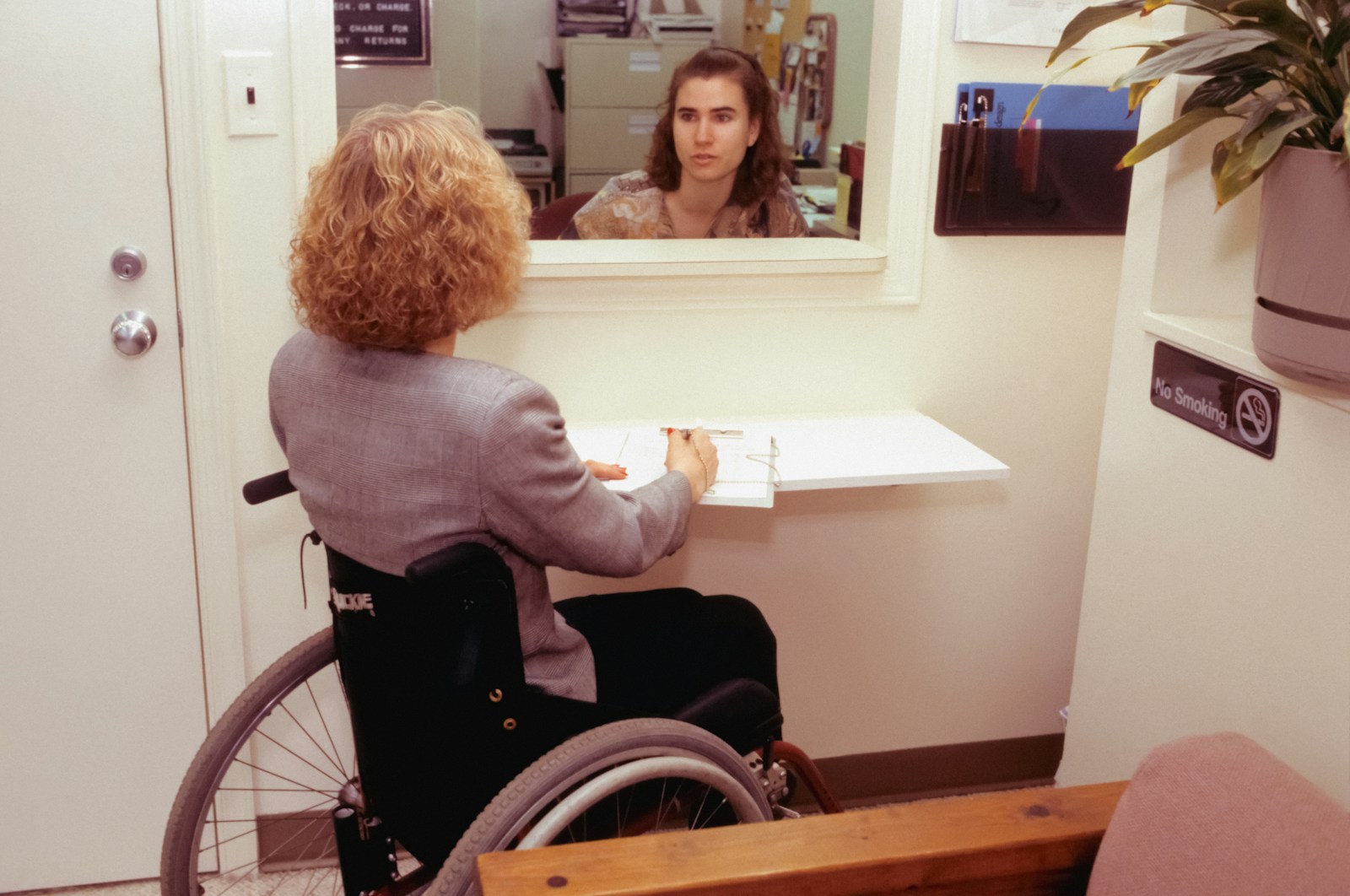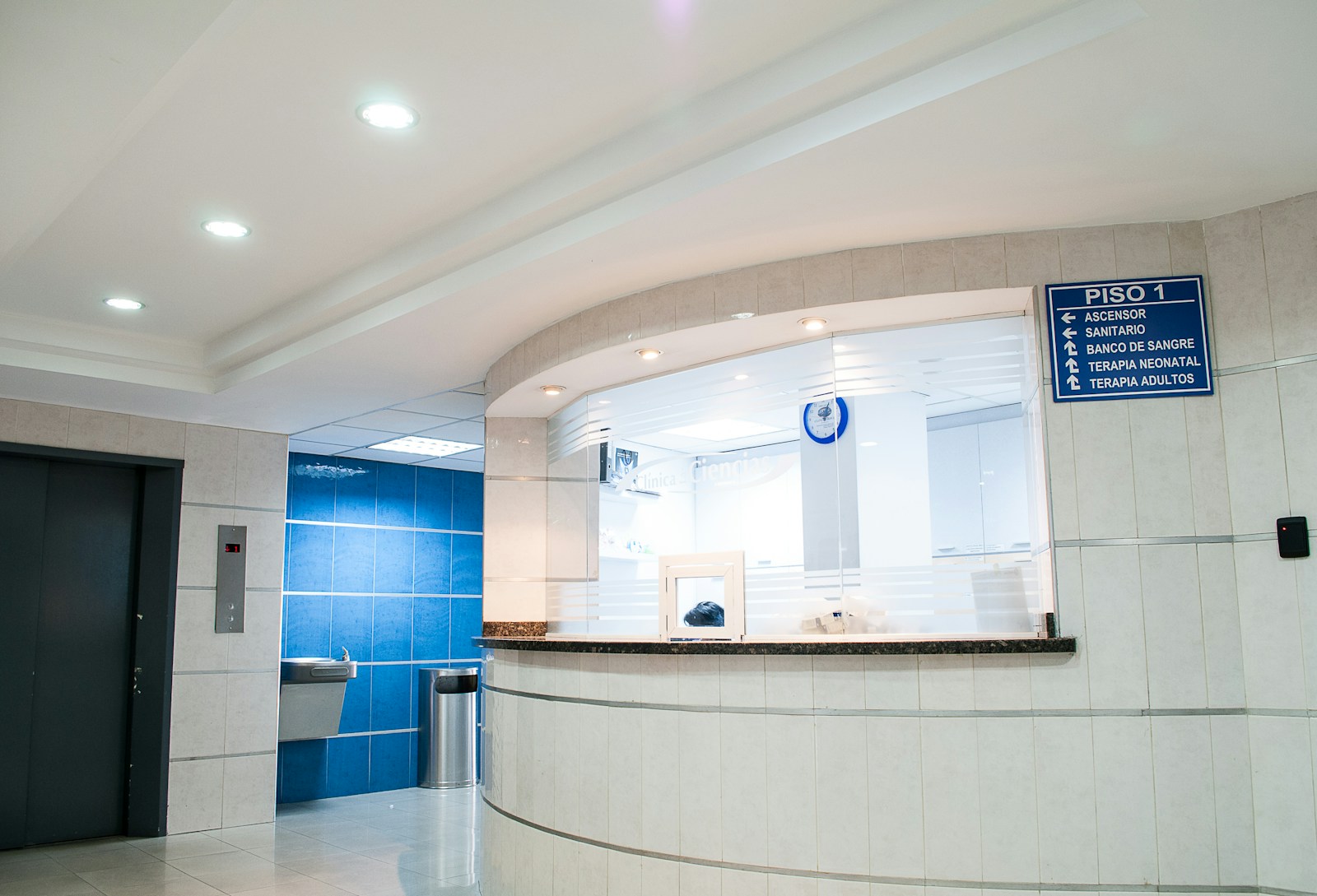Medical receptionist can be described as a crucial link for the healthcare professions since they are usually the first to meet the patient. They are also in charge of reception duties such as; fixing appointments, responding to calls among other responsibilities involve handling records of the patients. Medical receptionist plays a vital role in ensuring that the patient experience is incredibly positive from the time they first arrive at the facility.
Indeed this position calls for one to must possess good interpersonal skills, administered attention to detail alongside exhibit ability to work under pressure. Medical receptionists can work in clinics, hospitals, private practices and diagnostic centers among others; thus the endowing them with so many underestimated responsibilities in the delivery and provision of efficient and quality patient care services.
Resume Description for This Job
When preparing a resume for a medical receptionist role, focus on showcasing your administrative expertise, customer service skills, and familiarity with healthcare systems.
Sample Resume Description:
“Professional and organized Medical Receptionist with 3+ years of experience managing front desk operations in fast-paced healthcare settings. Proficient in scheduling appointments, verifying insurance, and maintaining accurate patient records. Adept at providing excellent customer service to ensure a positive patient experience and supporting healthcare teams efficiently.”
Key Skills to Highlight:
- Appointment scheduling and calendar management.
- Proficiency in electronic medical records (EMR) systems.
- Knowledge of insurance verification and billing processes.
- Strong communication and organizational skills.
- Multitasking and problem-solving in a dynamic environment.
Feel free to adjust details to better match your experience!
Salary (Based Range in USA)
The salary for medical receptionists in the United States varies depending on experience, location, and the type of healthcare facility.
- Entry-Level Salary: $28,000 – $34,000 per year.
- Mid-Level Salary: $34,000 – $42,000 per year.
- Senior-Level Salary: $42,000 – $50,000+ per year.
In larger cities such as New York, Los Angeles, or Chicago, salaries tend to be higher due to the increased demand for healthcare professionals and the cost of living. Additional skills, such as bilingualism or advanced knowledge of medical billing systems, can also boost earning potential.
Responsibilities

A medical receptionist ensures smooth front-office operations and serves as a bridge between patients and healthcare providers.
Core Responsibilities:
- Patient Interaction: Greet patients warmly, check them in, and assist with forms.
- Appointment Scheduling: Manage appointment calendars and handle rescheduling or cancellations.
- Phone Management: Answer calls, respond to inquiries, and route calls to appropriate departments.
- Records Management: Maintain and update patient records accurately in EMR systems.
- Insurance Verification: Confirm insurance details and handle pre-authorization for procedures.
- Billing Support: Process payments and issue receipts, ensuring accurate billing records.
Additional Responsibilities:
- Coordinate with medical staff to ensure timely patient flow.
- Assist with ordering office supplies and maintaining inventory.
- Handle patient complaints or concerns with professionalism.
- Ensure the waiting area is clean and organized.
- Adhere to HIPAA regulations to protect patient confidentiality.
Qualifications
The qualifications for a medical receptionist involve a combination of education, skills, and experience to succeed in this role.
Educational Requirements:
- High school diploma or equivalent is required.
- A diploma or associate degree in healthcare administration is an advantage.
Certifications (Optional but Preferred):
- Certified Medical Administrative Assistant (CMAA).
- Certified Healthcare Access Associate (CHAA).
Key Skills and Attributes:
- Customer Service: Ability to provide a positive and professional experience for patients.
- Technical Proficiency: Familiarity with EMR systems, scheduling software, and office equipment.
- Attention to Detail: Accuracy in managing patient records and billing processes.
- Communication Skills: Clear and empathetic interaction with patients and medical staff.
- Time Management: Effectively handle multiple tasks in a busy healthcare setting.
FAQs
Q1: What does a medical receptionist do?
A medical receptionist is a personnel that oversees office desk in a medical facility, answering calls, booking appointments, keeping records and ensuring maximized efficiency.
Q2: Is prior experience required to become a medical receptionist?
However, individuals with prior experience are favored, new comers with strong organizational and customer service skills may be considered for entry level positions. It is sometimes available in the form of training on specific healthcare software.
Q3: What software do medical receptionists use?
Medical receptionists apply different kinds of technology tools, including electronic medical records systems, such as Epic, Cerner, or Allscripts, Scheduling, and billing programs.
Q4: Are medical receptionists required to know medical terminology?
It can therefore be argued that, indeed, basic knowledge of medical terminology is imperative because of appointment setting, record keeping and communicating with medical practitioners.
Q5: Can a medical receptionist advance in their career?
However, with experience and training, medical receptionists can be promoted to a medical office manager, healthcare administrator, patient coordinator and the like.
Conclusion
That is why the position of a medical receptionist is essential for the correct performance of the healthcare organizations. Medical receptionists play a vital role when it comes to front office and patient relation hence enhance the health of the society by providing the best services.
This career provides an opportunity to those people with the capacity of organizing themselves well, problem solving skills and positive attitude towards the practice of co-curricular activities with special focus to the health segment of the market. Medical receptionists can, therefore, find a good job prospect in the market today and career advancement is always possible if one chooses to become a medical receptionist.
